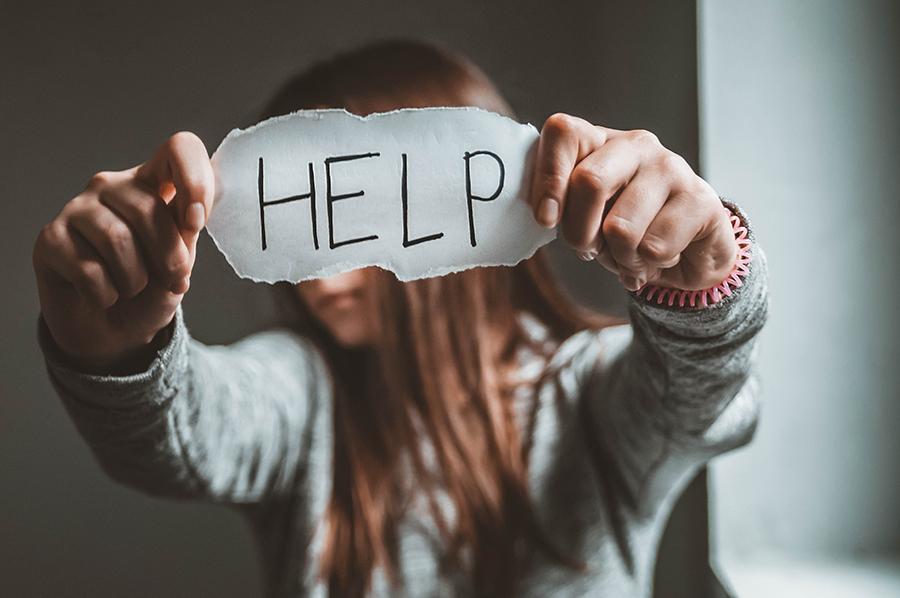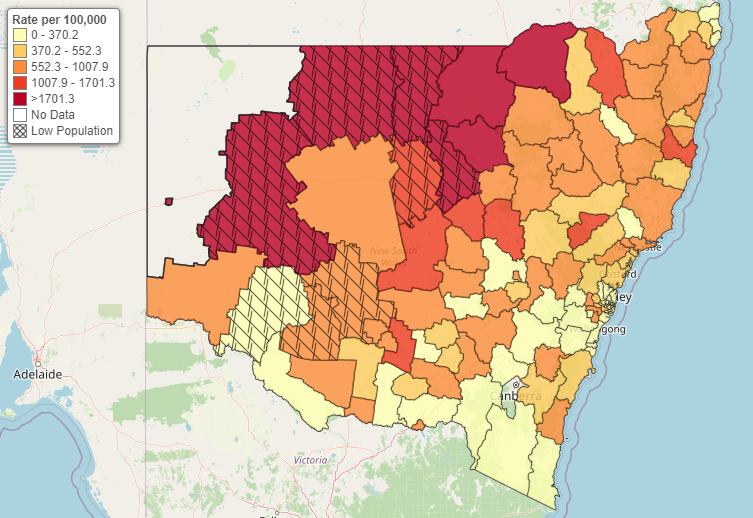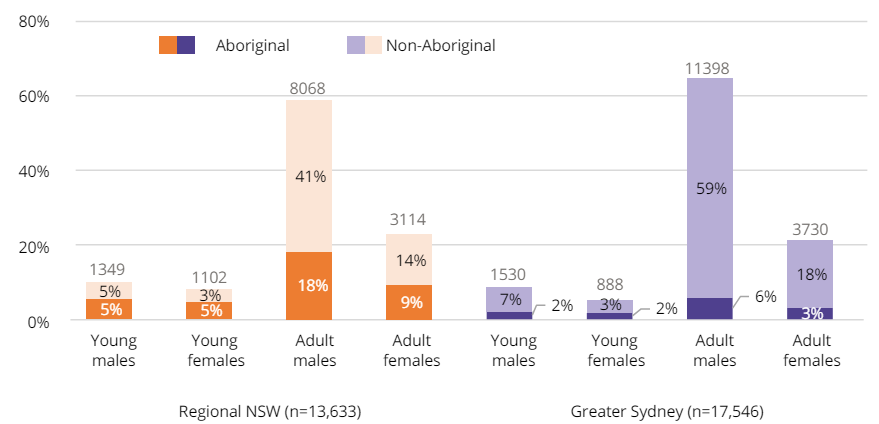'An illogical decision' - NSW Government under fire for diverting money from Western Plains DV service
Luke Williams
18 May 2024, 3:40 AM
 Federal Member for Parkes Mark Coulton with members of the CCWF team in Bourke.
Federal Member for Parkes Mark Coulton with members of the CCWF team in Bourke. One of the region's leading DV service providers has hit out at the state government for preventing it from competing in a tender for new specialist service funding because they are not considered Aboriginal controlled.
Earlier this month, CatholicCare Wilcannia-Forbes were told by the NSW government it cannot compete for funds under the' New Specialist – Family Domestic and Sexual Violence Workers' tender because priority has been given to Aboriginal Community-Controlled Organisations (ACCOs).
Currently, CatholicCare Wilcannia-Forbes operates across 52% of NSW in Western and Far West NSW in places like Bourke, Cobar, Condobolin, and Wilcannia.
The organisation is the main DV service provider in Forbes and Bourke and manages the women’s refuges in both towns.
CatholicCare Wilcannia-Forbes chief executive officer Anne-Marie Mioche says the government’s approach is concerning.
“There are 148 positions in total, and 23 in our areas we should have been allowed to compete for, and the government is only allowing us to apply for two positions,” she said.
“Those two positions are in Cobar and Warren, and it feels like that is only because they could not find an ACCO to fill those jobs.
“One of the priority areas for the NSW government is to get more Aboriginal workers in DV, which is appropriate in the regional and remote areas where we work However, we already do this – for example in Forbes 43% of our team members and 44% of our clients identify as Aboriginal."

Image: llu.edu
Ms Mioche said that in Bourke 100% of their team members are Aboriginal.
“To add insult to injury the government seems to have gone out of its way to knock us out of the competition, telling us we could compete in places such as the Snowy Valley LGA and the Warrumbungle. That’s hundreds of kilometres from our nearest offices".
In a statement, member for Dubbo and NSW Nationals Leader Dugald Saunders said "It was disappointing to hear today that the Minns Labor Government has only delivered 5 of the 118 additional front line domestic violence workers that were promised by June 30".
"What’s more concerning is that women’s shelters across the Central West, including CatholicCare Wilcannia-Forbes and The Great Lakes Women’s Shelter, were among those that missed out because they were deemed “ineligible” to tender" he said.

Incidents of Assault (Domestic assault) from January 2023 to December 2023. [per 100,000 population] SOURCE: BOCSAR Crime Mapping Tool
The top 48 local government areas in NSW for domestic violence assaults were in regional NSW in 2023 including LGAs in the western plains region.
Walgett notes the highest rate at over eight times the state average with 3625.8 incidents per 100,000 people.
NSW Bureau of Crime Statistics and Research (BOCSAR) notes that domestic violence numbers in Western Plains local government areas remain at the top of the most common offences, with statistics as of January 2024 as follows , Bourke (179), Coonamble (119), Lachlan (77), Narromine (73) and Warrumbungle (72).
Half of the 26 women who have been killed so far this year have been in regional parts of the country – though not all have been domestic violence incidents.
Offenders proceed against in 2023 for violent crime remain overwhelmingly male but do not appear to be predominantly Indigenous.

Age, gender, and Aboriginal status of persons of interest proceeded against for violent crime by region: 2023. SOURCE: BOCSAR report Crime in Regional & Rural NSW
The recent report - Crime in Regional & Rural NSW in 2023: Trends & Rates - showed that 55% of the persons proceeded against for violent crime in regional NSW were non-Aboriginal (41% adult male, 14% adult female) with 27% of Aboriginal background (18% male, 9% female).
Statistics relating specifically to the characteristics of domestic violence victims in regional NSW were not readily available.
Minister for the Prevention of Domestic Violence and Sexual Assault Jodie Harrison says the government are rolling out the program and a tender is now live.
"Evidence shows that there are better outcomes for Aboriginal victim-survivors of DFSV (domestic-family-sexual-violence) when services are delivered by Aboriginal-led organisations," she told the Western Plains App.
"We will work with communities to ensure positions are filled in areas where there is most need."



